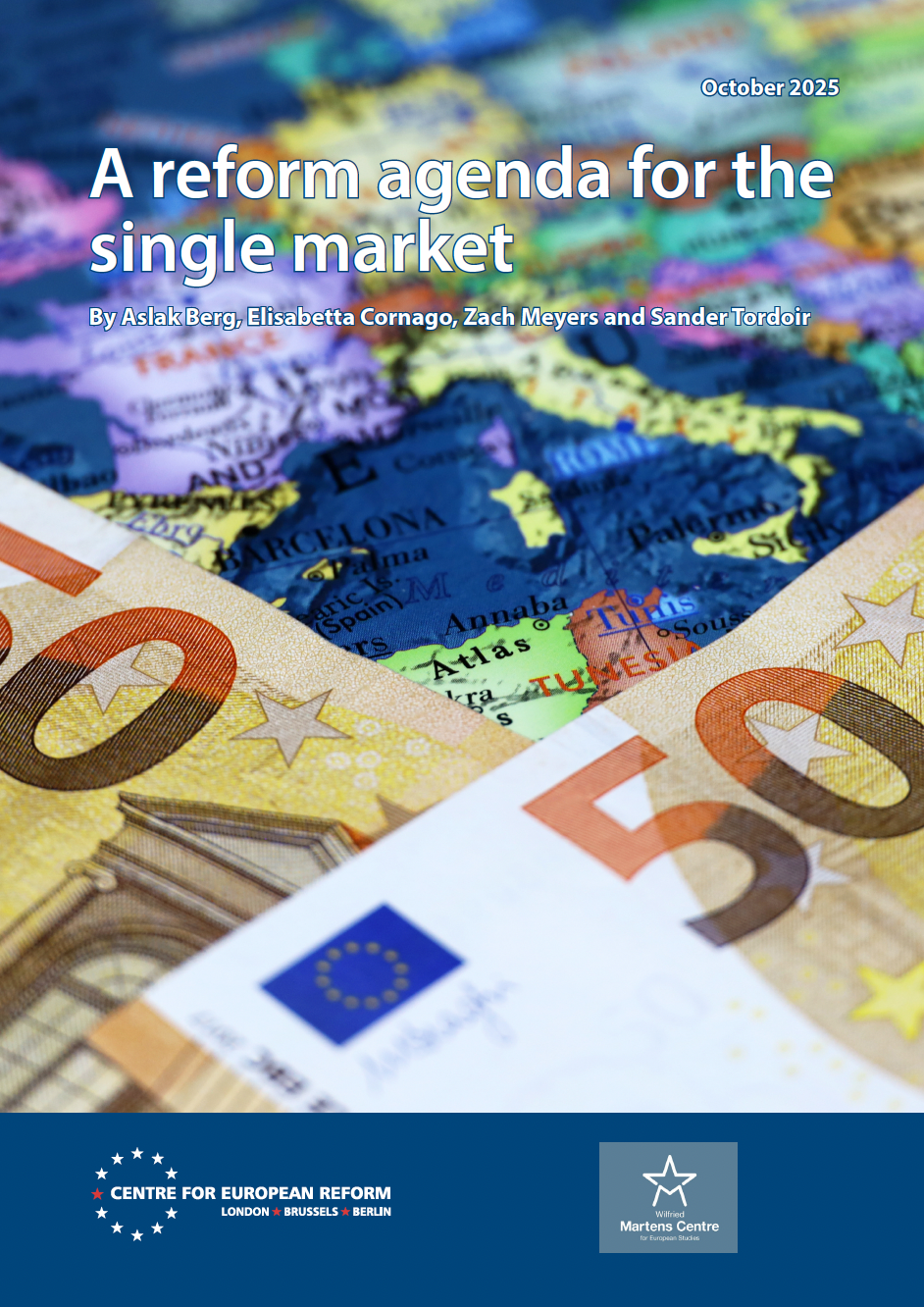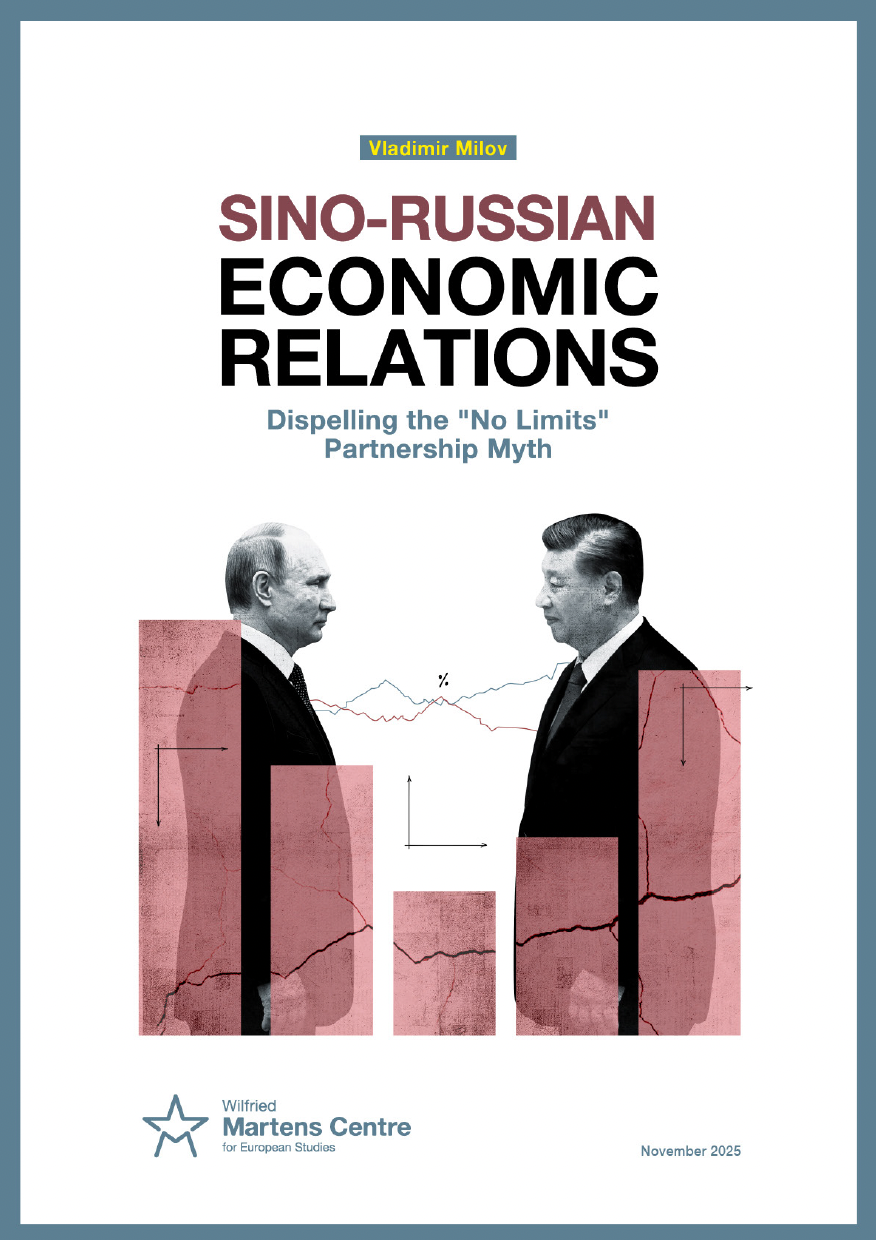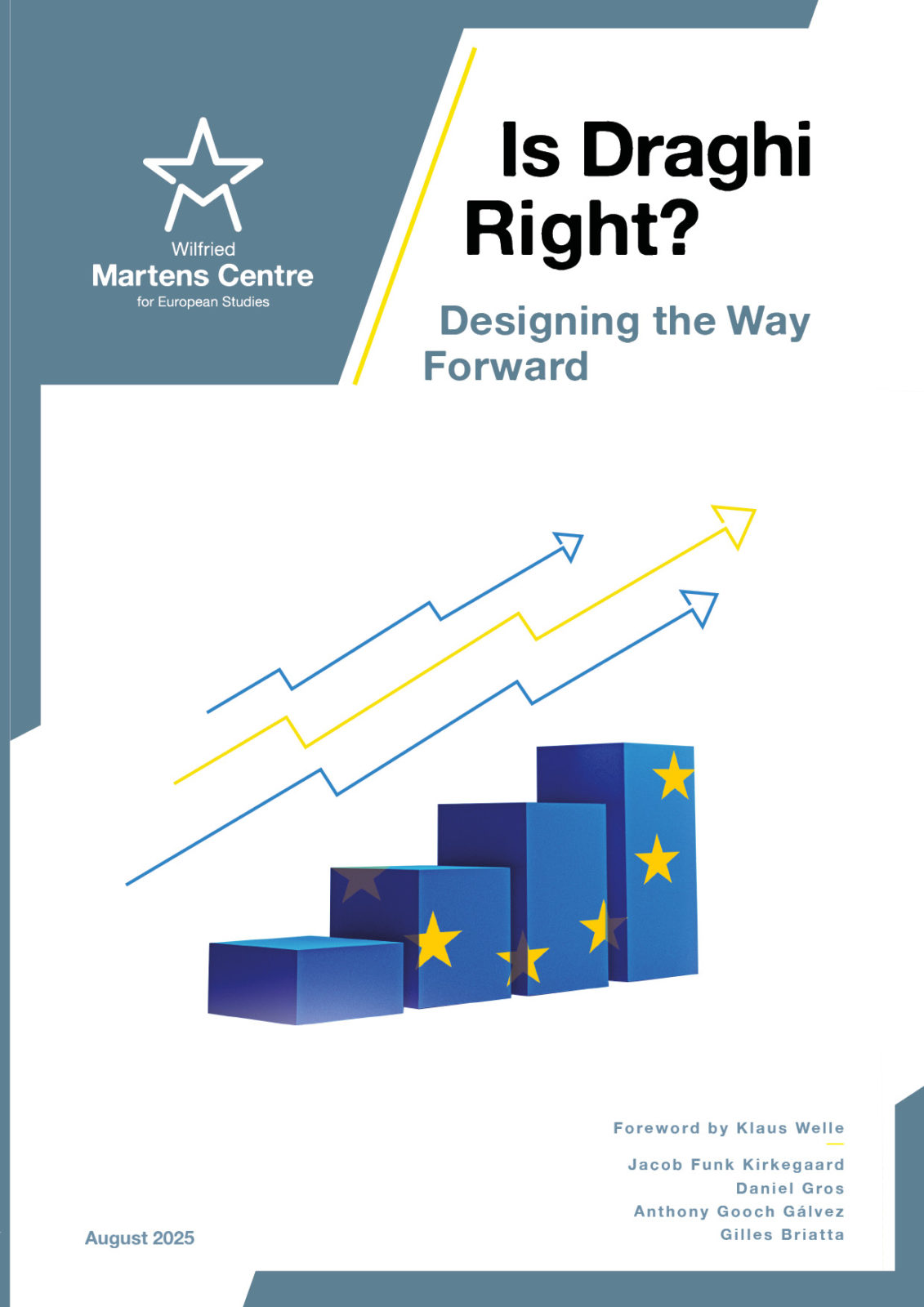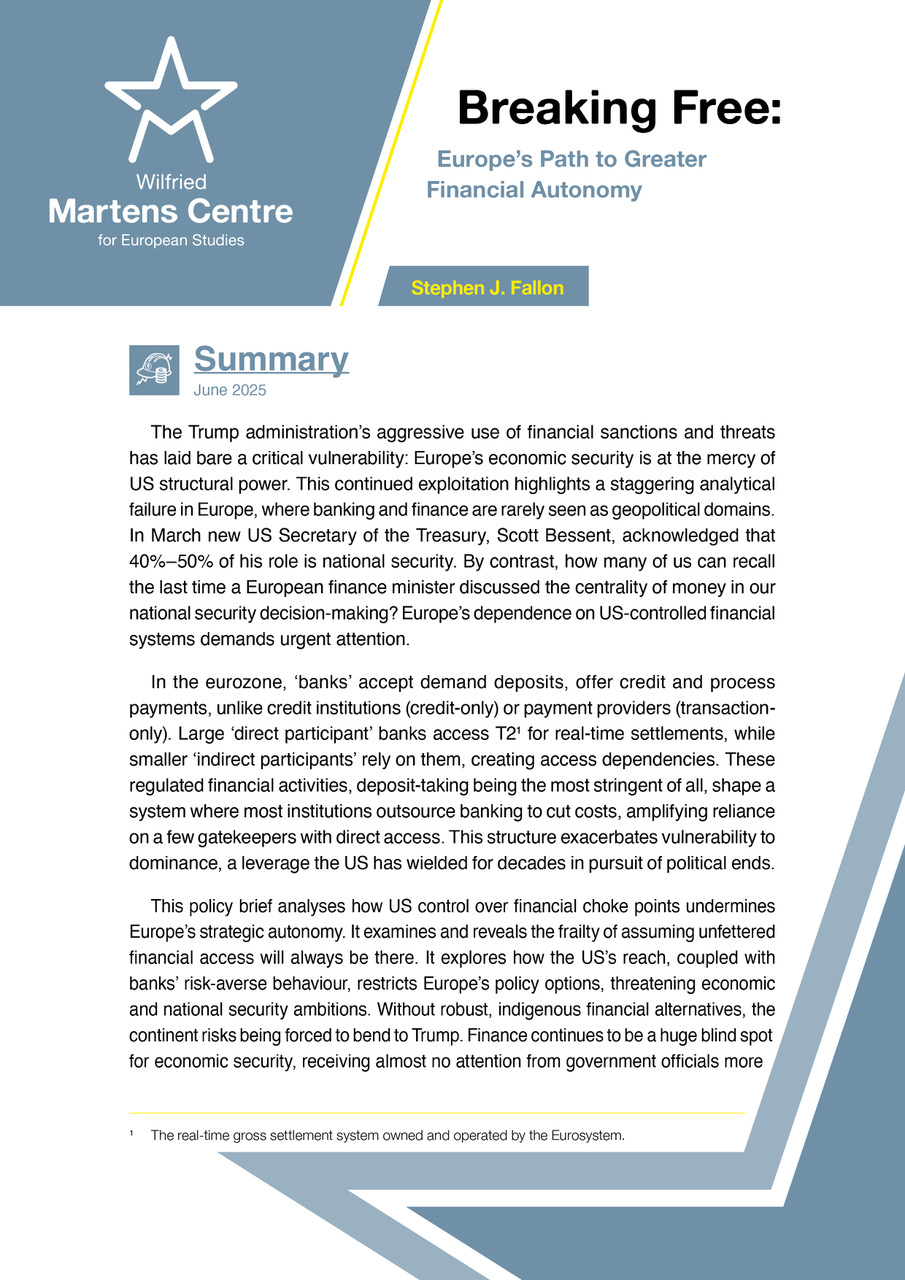Debt is a question of dose. Too much, and you lose your political independence and sovereignty. Too little, and you might miss out on the possibility and necessity of building infrastructure that facilitates future development.
Keynes taught us that there are situations in which price and interest signals do not work and, as a result, the state is the only actor able to step in temporarily and stabilise the economy—and with it, the political system. A hard lesson was learned in the 1930s. It inspired us during Covid, when the economy threatened to come to a standstill. But debt was put on the EU’s balance sheet without corresponding own resources for the Union to finance and repay it. In addition, no proper parliamentary oversight of debt at the EU level was introduced.
Unfortunately, we have now entered a period of vulgar Keynesianism: increasing the debt-to-GDP ratio in crisis times and in good times as well. The consequence is a debt-to-GDP ratio of about 90% in the eurozone and around 100% in the UK and the US. If this trend continues, it will not be very long before a debt crisis reoccurs and the independence of our political decision-making is threatened, together with the cohesion of the EU.
China and Japan are no exception to this trend. Japan has already demonstrated how ageing societies, with correspondingly meagre growth, can enter into decades of exploding debt. China’s debt is largely out of control, especially on the local and regional level, for which the central state will ultimately have to take responsibility. This accumulation of debt was partially driven by the end of a property building boom and significant over-capacity in many sectors of the economy. This has resulted in Chinese debt levels no longer being accompanied by a sustainable growth model.
The situation is further aggravated by the fact that public investments have become unavoidable in digital infrastructure, defence and decarbonisation, and to alleviate the financial burdens of unfavourable demographics. De-risking from China will add to the burden. The time of imported deflation that was the consequence of hundreds of millions of Chinese workers being integrated into the global market for the first time seems to be over.
During the eurozone crisis, we learned that cutting expenditure on its own is not the answer, because the potential reduction in debt can be largely offset by a significant reduction in GDP as well. Any successful strategy will therefore have to focus on growth and productivity-enhancing strategies at the same time.































